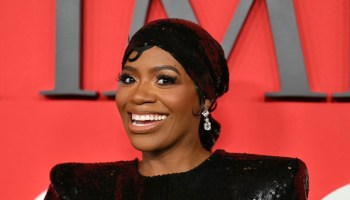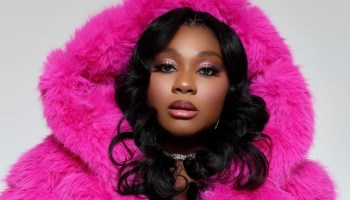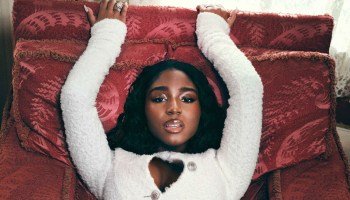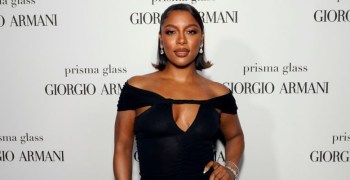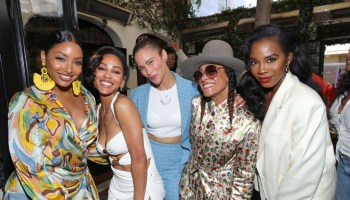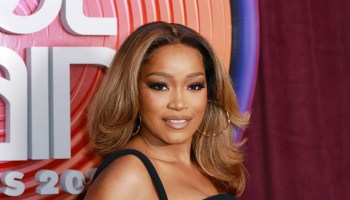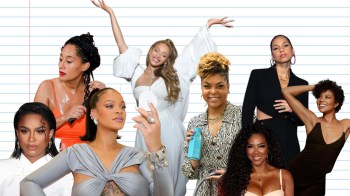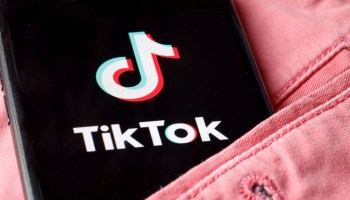According to the Centers for Disease Control and Prevention, while Black women account for 13 percent of the U.S. female population, we make up a whopping 75 percent of all new HIV infections among women each year.
Also disturbing is the fact that Black women and girls were 14 times more likely to die from AIDS-related causes compared to white women.
And what’s the major mode of transmission? Heterosexual contact.
Yes, it’s clear that Black women bear the brunt of the HIV/AIDS epidemic in the U.S., but too often we remain silent and complacent about this epidemic that is ravaging our community.
One way to break that silence is to amplify the voices of those living with the disease. Therefore to commemorate National Women and Girls HIV/AIDS Awareness Day (NWGHAAD), HELLOBEAUTIFUL sat down with ten HIV-positive Black women to ask them what they wanted YOU to know about the disease.
Trust: Their words are powerful.
Marvelyn Brown, New York, NY
Diagnosed in 2003
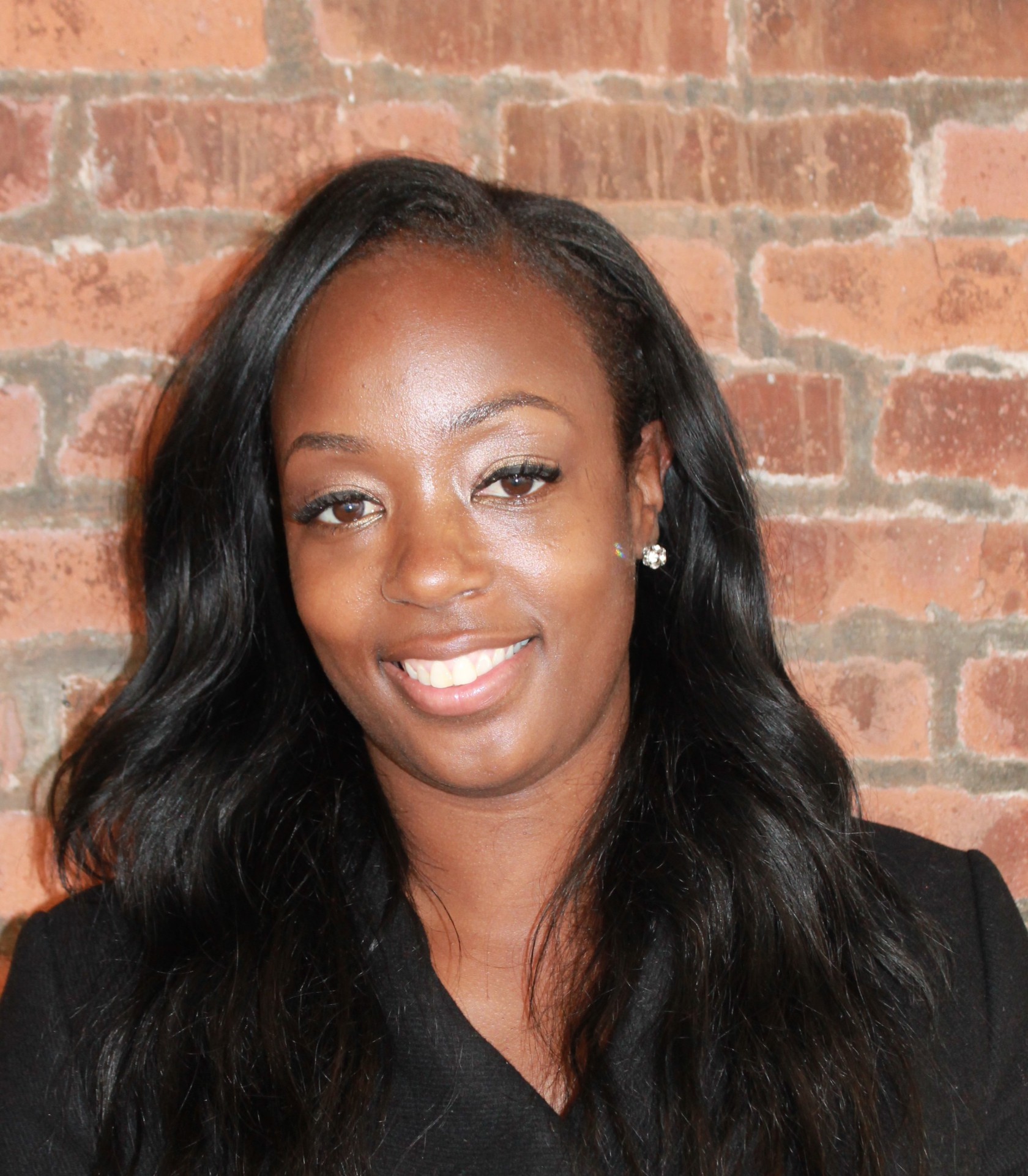
Source: Marvelyn Brown
“As women, we like to be the caretaker, but on NWGHAAD, this it is about us taking care of ourselves! Please know that women of color can prevent HIV by making healthier and wiser decisions in your everyday life. That could be by using a condom or getting an HIV test. Let’s all do our part and prevent HIV together!”
Connie L. Johnson, Chicago IL
Diagnosed in 2002
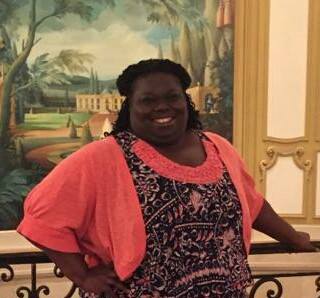
Source: Connie L. Johnson
“HIV breeds fear, fear of death, fear of rejection, and fear of the unknown. And conquering those fears is the most difficult part of living with HIV, but once you do life gets better. It’s taken me awhile to no longer fear HIV and now that I don’t, I love myself unconditionally.”
Jennifer Barnes, Atlanta, GA
Diagnosed in 2011
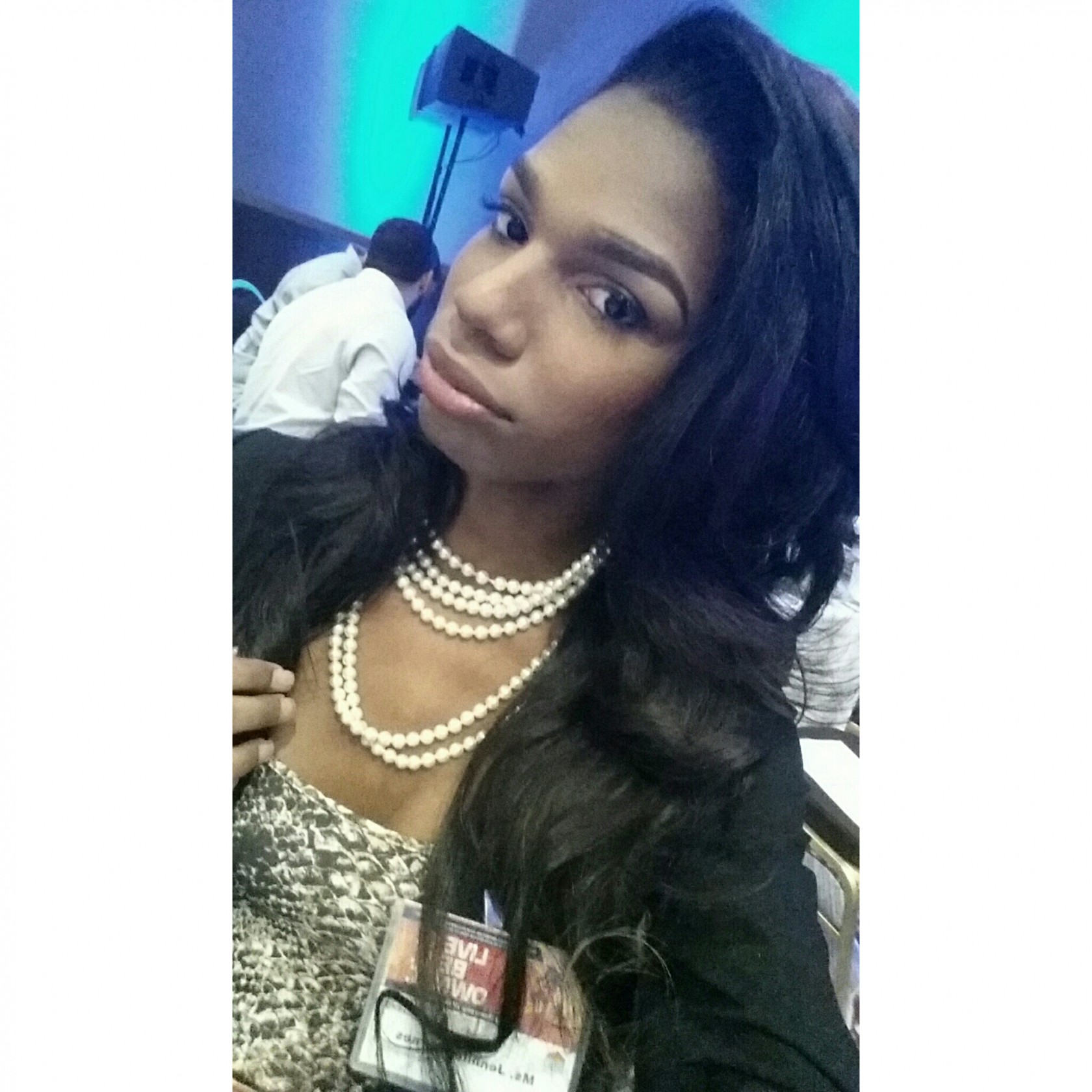
Source: Jennifer Barnes
“Every voice of those who identify as woman needs to be heard. Though [as a woman of trans experience] my fight is different, it is important. HIV is not the end but it is the wake-up call for the urgency of inclusion, to rid stigma and create the opportunity for change and acceptance among all women. “Use your setbacks to empower others like you. ” #GIRLSLIKEUS
Renee’ Burgess, Jacksonville, FL
Diagnosed in 2007
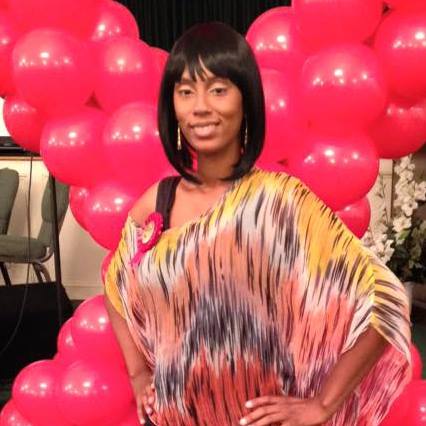
Source: Renee’ Burgess
Black women need to know that HIV is REAL. It doesn’t care if you’re in a committed relationship or marriage. It can and will find you if it wants to. And I know, because I was married and thought I was in a monogamous relationship. That spouse can be unfaithful, not use protection and bring HIV and other STDs home to you. A ring won’t always protect you, so please get tested.”
Kamaria Laffrey, Winter Haven, FL
Diagnosed in 2003
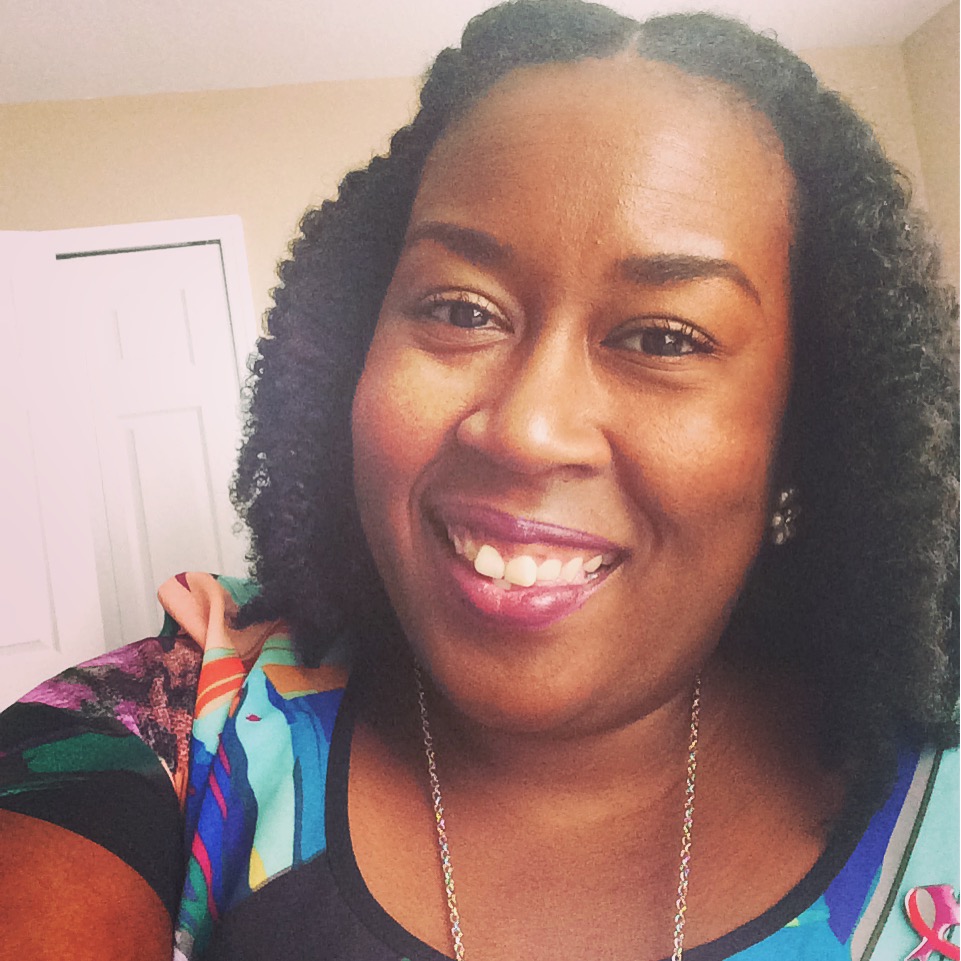
Source: Kamaria Laffrey
“Knowledge is more than power, it’s the application of knowledge that saves lives. So, learn about the risks of HIV, learn about treatment, learn about prevention options like Pre-exposure prophylaxis [PrEP], learn from the women, wives and mothers living with HIV and then join collectively in the fight to keep them alive.”
Hydeia Broadbent, Las Vegas, NV
Diagnosed in 1987 (Born with HIV in 1984)
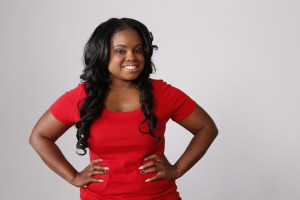
Source: Hydeia Broadbent / Hydeia Broadbent
“In order for Black women to protect themselves against HIV/AIDS, they must have these important conversations before becoming intimate. Matter of fact: Go together to get tested for STI’s and HIV and make the person show you their results. No one is going to advocate for your health like you are, stop trusting people with your life before you even actually know the real person they are.”
Davina Conner, Denver, Colorado
Diagnosed in 1997
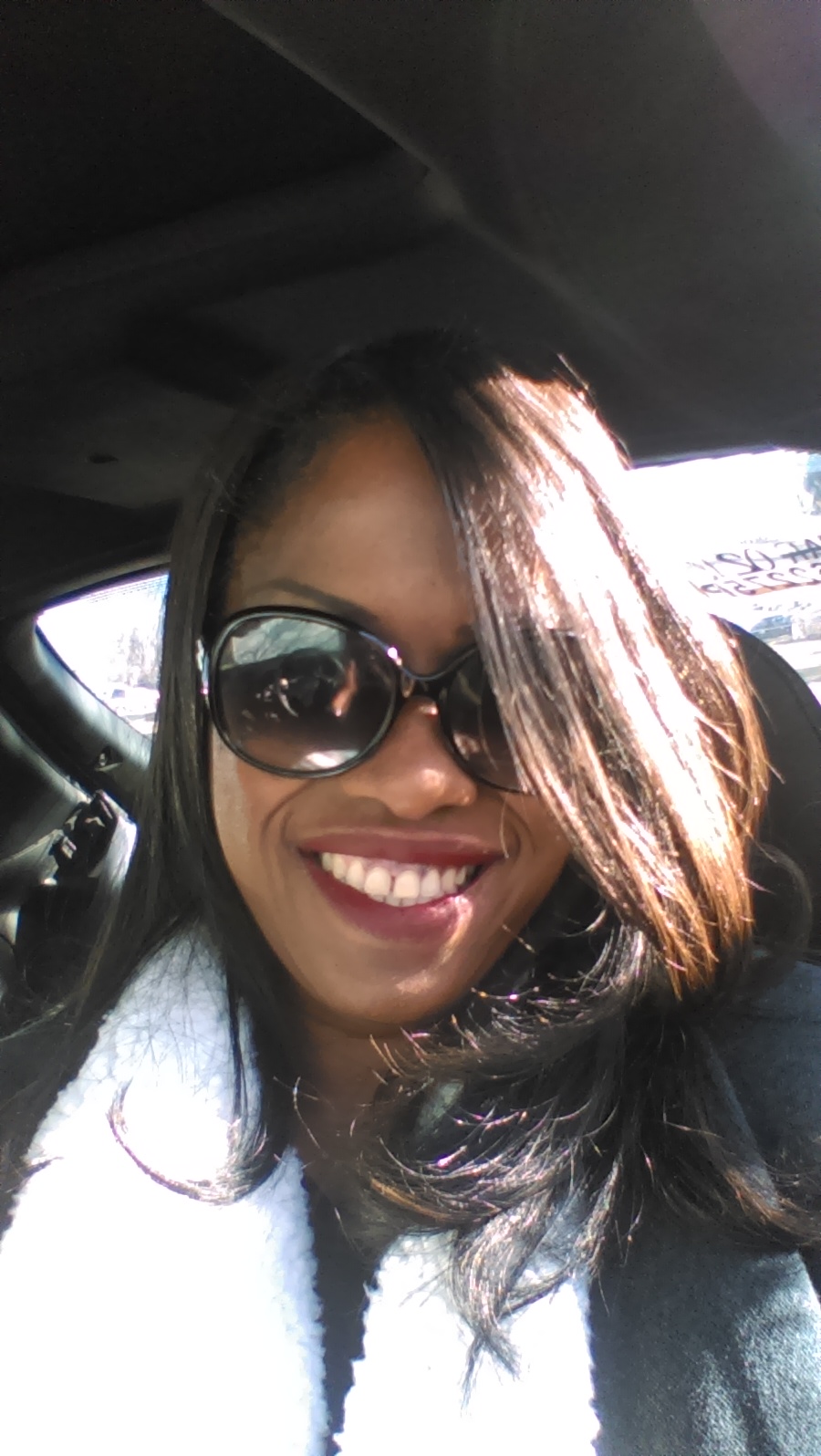
Source: Davina Conner
“For the Black women who might test HIV-positive, please know that you are worth so much and that your future is still bright. Living with HIV is not the end of who you are, so be strong and don’t let this virus stop you from living and being loved. Most important, don’t ever let anyone make you feel less than, either. Keep faith and everything will fall into place soon. Be blessed, Beauties.”
Alicia E Diggs, Greensboro North Carolina
Diagnosed in 2001
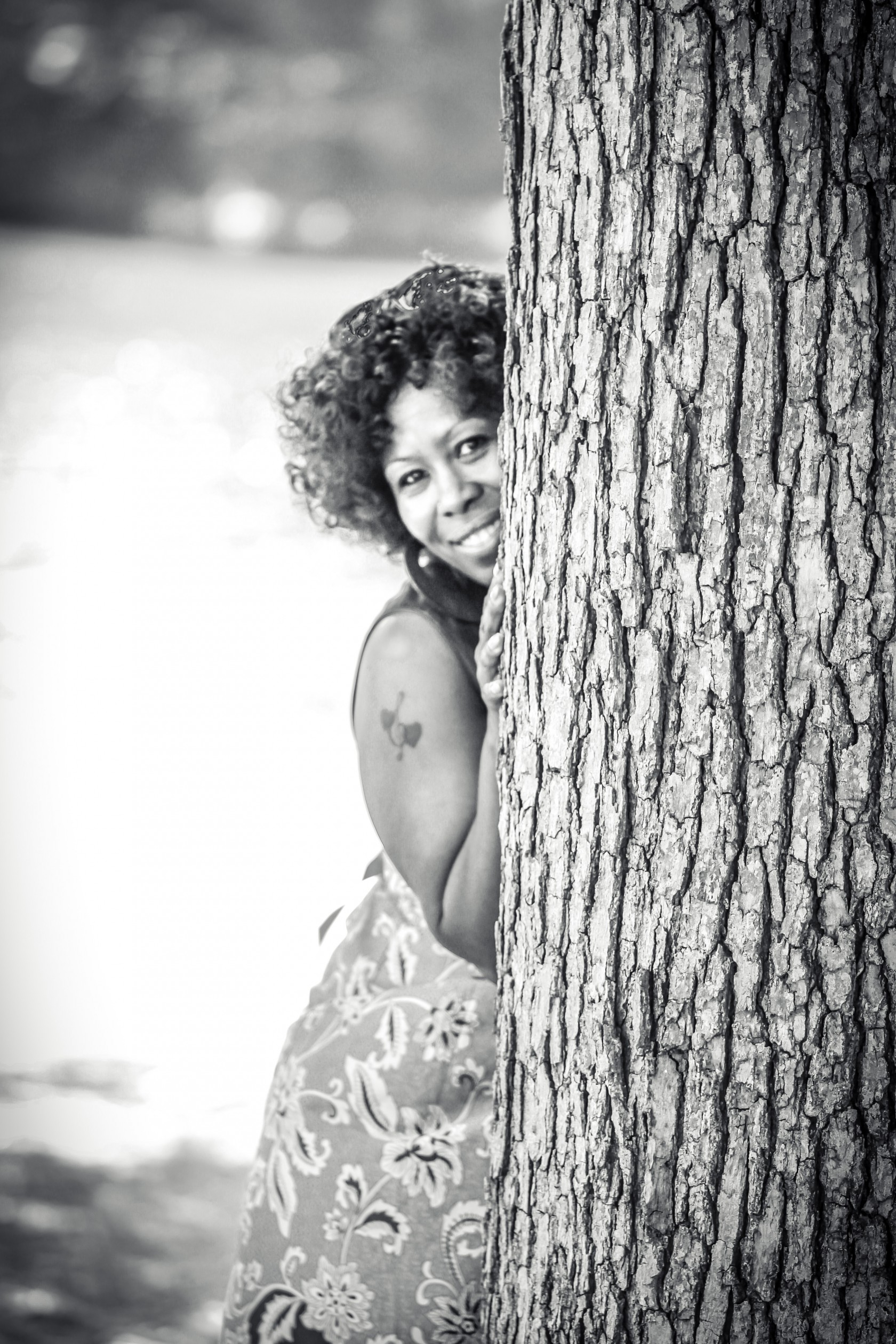
Source: Alicia E. Diggs
“Stigma is such a huge issue for people who are living with HIV/AIDS, and it shouldn’t be, because we should not be defined by our status. We are mothers, daughters, aunts, sisters, grandmothers, wives, brothers, sons, fathers, uncles and friends. We are people who love, desire to be loved and deserve to be accepted. Together we can make a difference, together we can overcome!”
Venita Ray, Houston, TX
Diagnosed in 2003
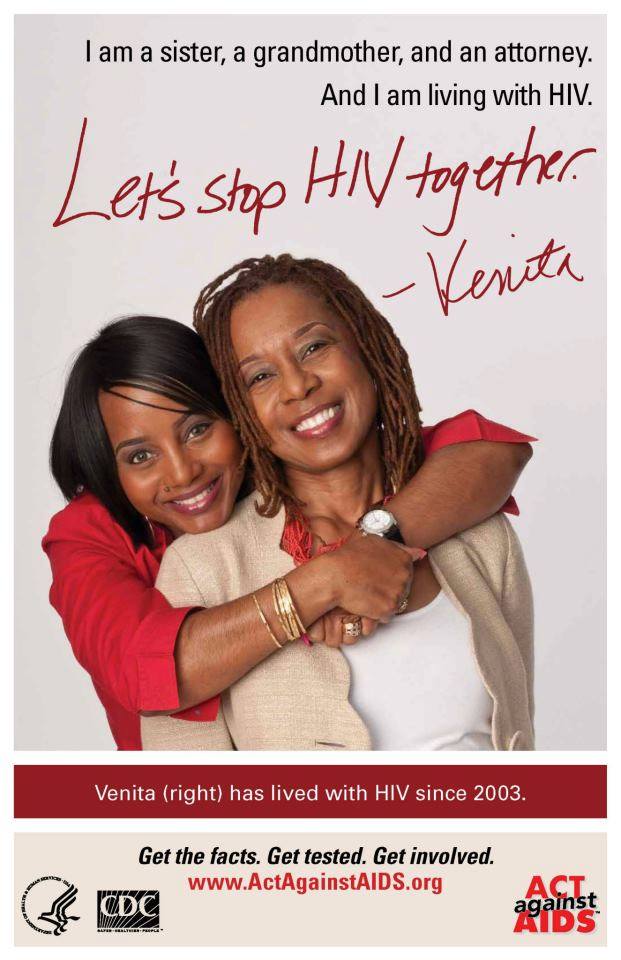
Source: Venita Ray
“HIV is not just happening to those people, it’s happening to us! The “H” in HIV stands for Human – not just homosexual.”
Lolisa Gibson-Hunte, Brooklyn, NY
Diagnosed in 2004
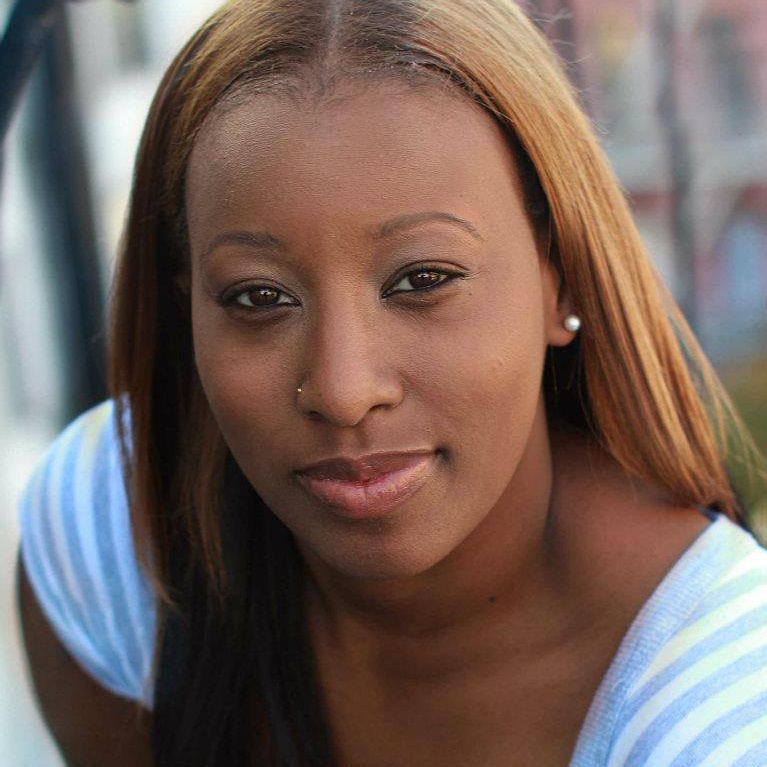
Source: Lolisa Gibson-Hunte
“Every Black woman should know there is a whole different level of strength that arrives when we get a positive HIV status. A level of strength that allows us to still strive, still love, still protect and provide. Know that no matter what as a Black woman you were made to win! Even if you take meds for HIV, after you swallow them you remember that HIV is just one of many obstacles you will overcome and you can still do whatever you dream to do. Remember that you will forever be beautiful!”










